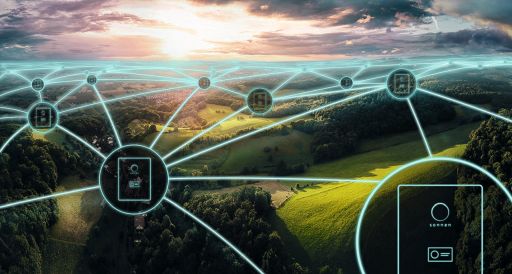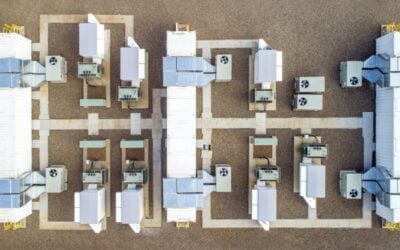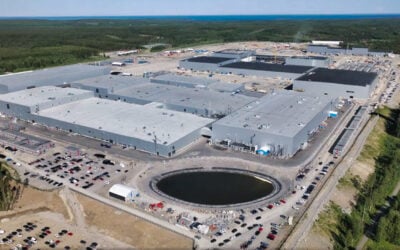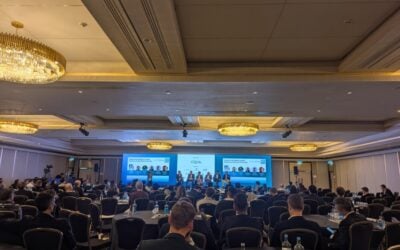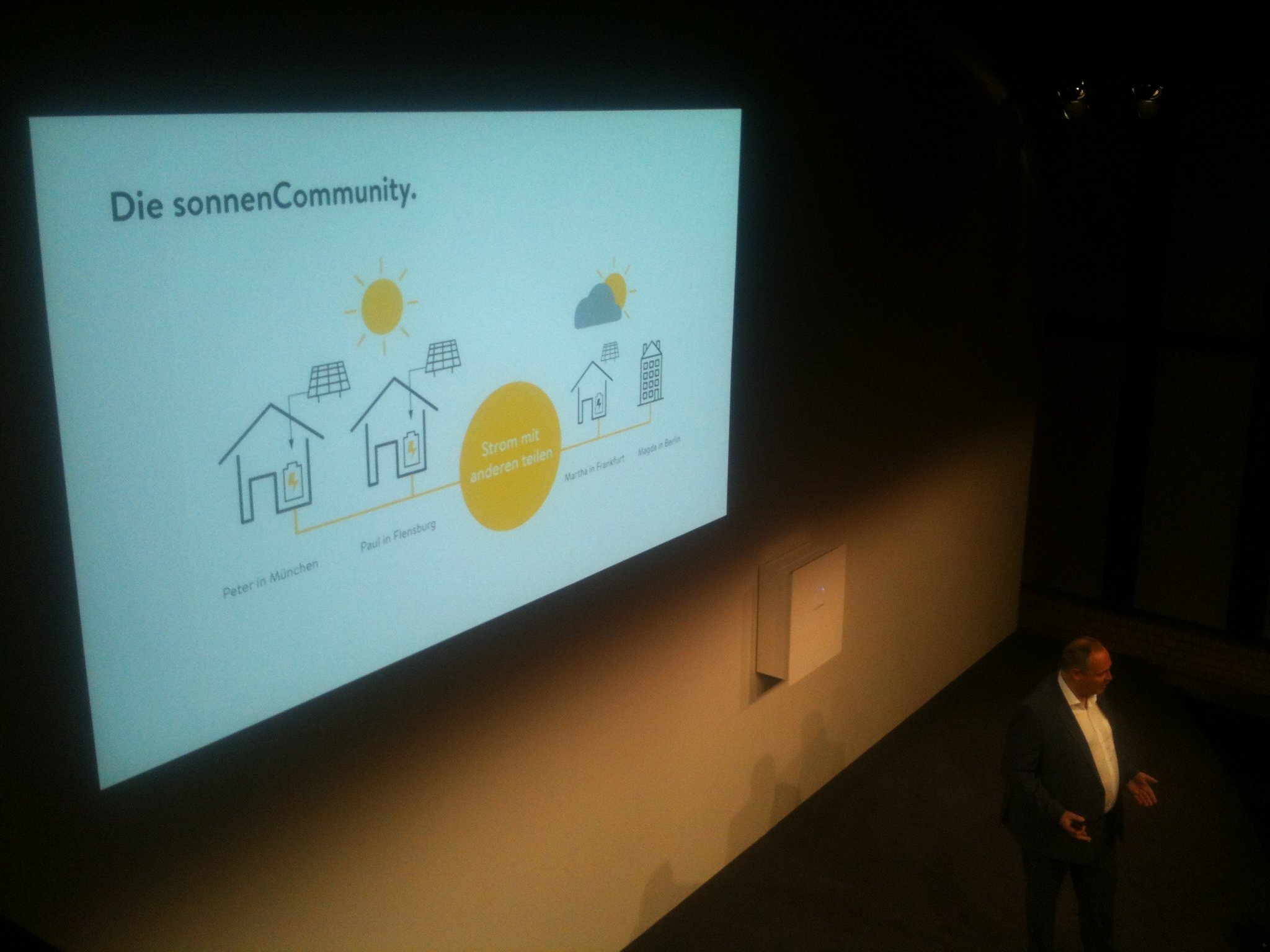
Batteries in private households will be now able to perform the “same tasks as a conventional power plant”, across the whole of Germany, the CEO of Sonnen has said, following a ruling that opens up grid services markets to the company’s devices.
Sonnen last week announced that it has obtained pre-qualification to enter Germany’s Primary Control Reserve market by grid operator TenneT for its battery energy storage units installed across the country. Primary Control Reserve is a form of frequency regulation, keeping the grid to within acceptable boundaries of its optimum 50Hz operating frequency.
The energy storage system maker and energy services provider is working with virtual power plant (VPP) specialist Tiko which has created blockchain software-based smart grid platforms. Sonnen’s head of e-services Jean-Baptiste Cornefert wrote for this site towards the beginning of this year about a project the company conducted jointly with TenneT to balance renewable energy production and demand in Germany and the Netherlands using blockchain technology, allowing home batteries to trade energy via the grid.
CEO Christoph Ostermann told Energy-Storage.news that PCR markets have the highest barrier to entry and the “most challenging” process to get pre-qualification of all Germany’s grid services markets. Primary Control Reserve is the first tier of the German Primary Operating Reserve, or grid frequency regulation, programme, and must be activated within seconds of receiving a grid signal, making itself available to the network for up to 15 minutes. Pre-qualified participants must compete in weekly tenders to supply the service.
Try Premium for just $1
- Full premium access for the first month at only $1
- Converts to an annual rate after 30 days unless cancelled
- Cancel anytime during the trial period
Premium Benefits
- Expert industry analysis and interviews
- Digital access to PV Tech Power journal
- Exclusive event discounts
Or get the full Premium subscription right away
Or continue reading this article for free
“We did that with a network that only consists of home storage systems all over Germany. That has never done before in that dimension anyhere in the world,” Ostermann said.
“It’s significant because it’s a technological breakthrough. Our home storage network fulfils now the same tasks as a conventional power plant under the same requirements. Not in a project or a test but under real circumstances with real households.”
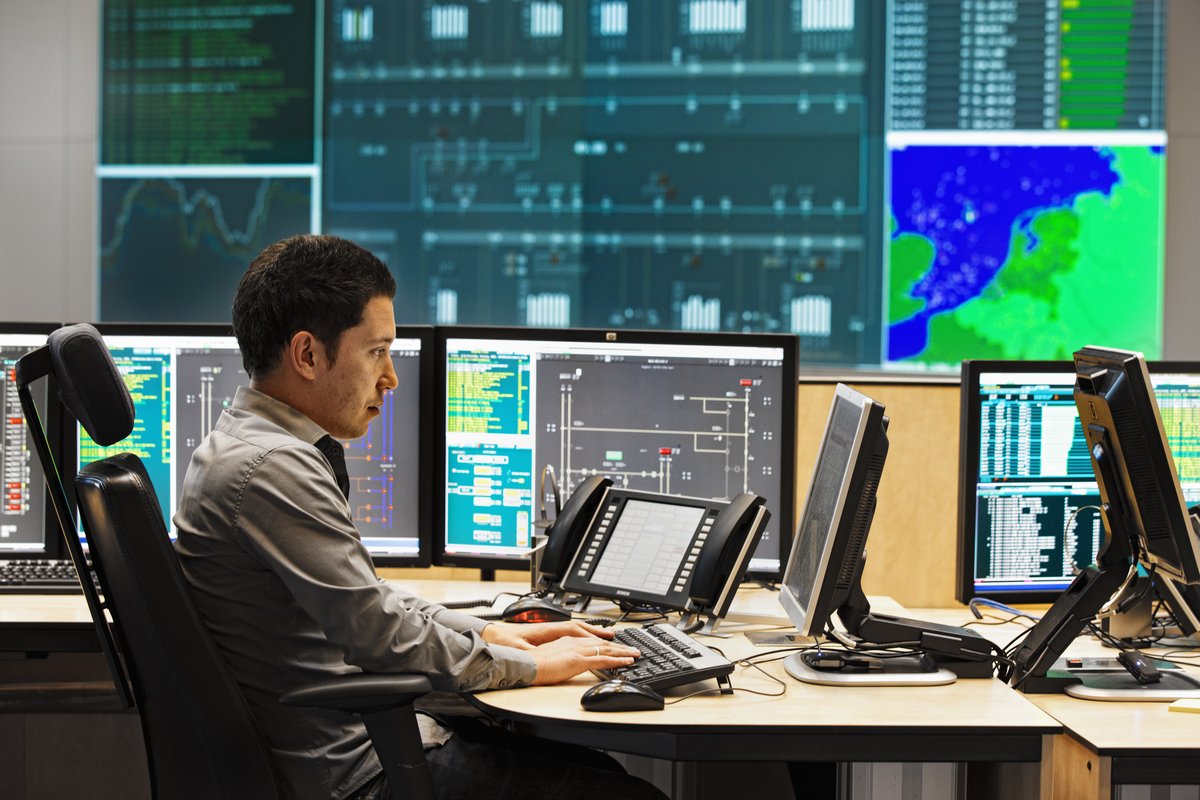
The potential impact
Coal and nuclear power plants play an active role in stabilising the grid, as well as just generating energy, the Sonnen CEO said. Therefore, home energy storage systems that “not only generate and store energy but additionally stabilise the grid…really can replace conventional power plants in all purposes.”
If every solar home in Germany – there are around 1.5 million at present – was equipped with a SonnenBatterie, the power capacity would add up to 4.5GW, with an energy capacity of 15GWh. Such systems, connected to the virtual battery, or virtual power plant (VPP), could replace four large thermal power plants, equivalent to the entire capacity currently being used for PCR across the entire European continent.
The possibility for scaling up the model, in other words, “is one large step towards a clean and decentralised energy structure,” Ostermann said.
Participants in the PCR market must prove they are able to provide energy capacity for the service in 1MW blocks. Sonnen already has 300MWh of systems in operation in Europe (around 30,000 systems in total), with the highest number in its home territory of Germany.
To achieve certification from TenneT, Sonnen had to discharge one megawatt of power to the grid from the aggregated virtual battery, then re-charge the battery immediately with one megawatt of power from the grid within 30 seconds.
‘Value lies behind-the-meter’
Aggregated batteries and virtual power plants are springing up around the world, based on a variety of business models. Some are already providing grid services, but it is thought that Sonnen is among the first to bring it into an open market setting in Europe.
Taking the capabilities of home storage systems beyond the customer benefit, adding grid services and later energy trading, could significantly raise the value of behind-the-meter (BTM), or customer-sited, energy storage systems.
“From our point of view the future is clearly behind the meter. More and more energy production and flexibility is coming from there,” Christoph Ostermann said.
“Letting homes storage participate in grid stabilisation has a high economic value because it allows the integration of more renewable energy and less new construction of transmission lines what is good for the overall economy.
Also it’s the people themselves who invest in home storage because they want to make self-consumption. Using their storage for a second purpose like grid stabilization makes economically a lot of sense because you don’t need additional investments in large scale storage for grid stabilisation. We’re using assets that are already there.”
It is all technically achievable, and PCR is “just the beginning”, Ostermann said. Nonetheless, even within Germany there are “undoubtedly” still some barriers on the regulatory side that at present are an obstacle to rapid deployment. Conventional power plants in the country do not pay grid fees or taxes on grid services they deliver, whereas being BTM, home storage unit owners are liable for a range of fees and taxes, meaning CO2-based power plants still have a clear economic advantage.
